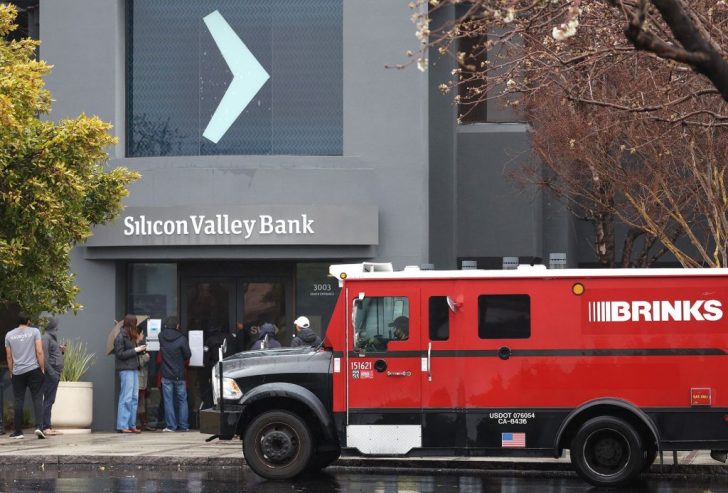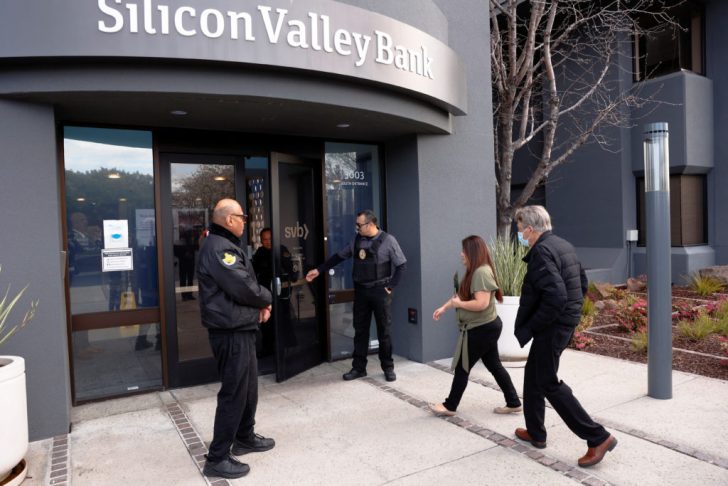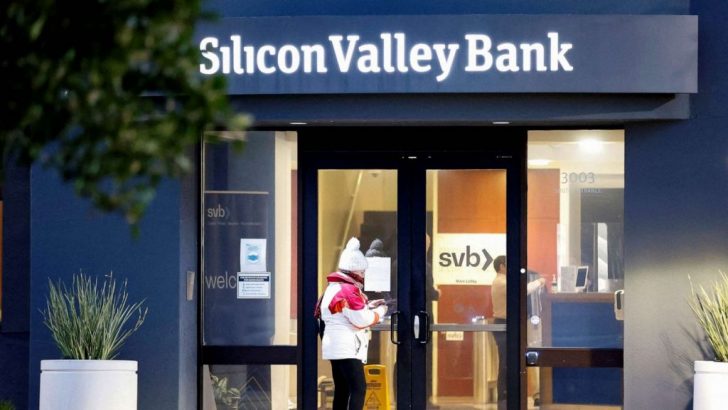In the financial world, few events cause as much stir and worry as the collapse of a major bank. On March 10, 2023, Silicon Valley Bank (SVB) was abruptly shut down and taken over by U.S. government regulators after a significant withdrawal of deposits by startups and venture capitalists. This incident has led many to question the stability of their own banking choices – particularly, are credit unions affected by SVB?
The short answer is that credit unions represent a fundamentally different banking model that offers resilience in times of financial stress. But let’s delve deeper to understand why credit unions might be a safer haven during banking crises.

What Makes Credit Unions Different?
Firstly, it is important to understand what distinguishes credit unions from banks like SVB. Credit unions are non-profit organizations that are owned by their members rather than shareholders. This fundamental difference drives credit unions to focus on providing the best service to their members rather than maximizing profits for shareholders. This model fosters a community-focused environment where profits are returned to members in the form of lower fees and better interest rates.
Historical Stability of Credit Unions
Are credit unions affected by SVB? To answer this, let’s look at their track record. Historically, credit unions have exhibited remarkable stability in financial crises. For instance, during the 2008 financial crisis, while numerous banks faced failures and required bailouts, credit unions generally remained solvent. Their conservative management, community-based decision-making, and lower risk tolerance contribute to this resilience.

The NCUA also provides an insurance fund similar to the FDIC for banks, which covers up to $250,000 per depositor. This regulatory oversight means that even if a credit union were to face financial difficulties, your money would still be protected.
Are Credit Unions Affected By SVB Then?
So, are credit unions affected by SVB’s collapse directly? Generally, the impact is minimal. Credit unions are insulated in part because they do not typically engage in the high-risk investment strategies that can expose banks like SVB to sudden downturns.
Apart from that, credit unions have a more diversified and stable deposit base. They do not rely heavily on any single type of depositor or investment, spreading risk and enhancing stability.

The collapse of SVB has been a wake-up call for many in the tech industry and beyond. It underscored the importance of understanding where your money is going and the financial health of your institution. For those looking to switch from banks to more stable institutions post-SVB, credit unions present an appealing option. They offer similar services to banks. These include checking and savings accounts, loans, and credit cards.
The Final Word
So, are credit unions affected by SVB? The collapse of Silicon Valley Bank serves as a significant case study in banking stability and the varied impacts on different types of financial institutions. Credit unions offer a robust alternative for those seeking stability in the wake of bank collapses.
They provide not only financial services. But they also offer a community and a level of personal care that is hard to find in the corporate banking sector. Thus, during turbulent financial times, credit unions stand out as beacons of safety and reliability.
